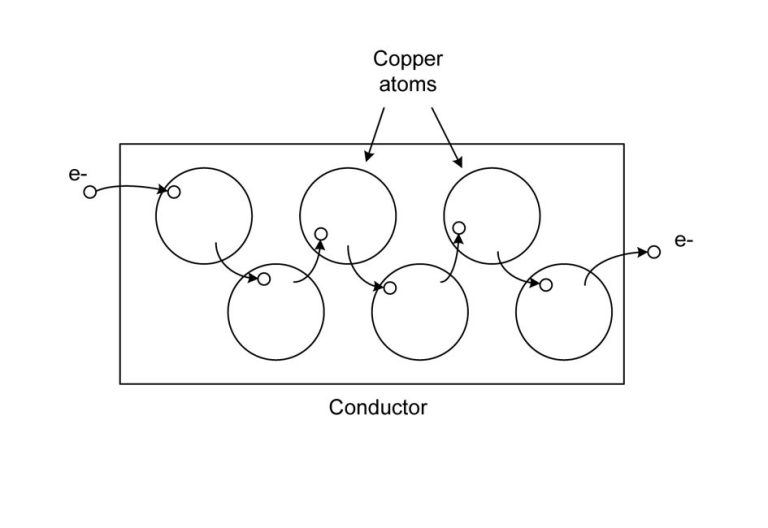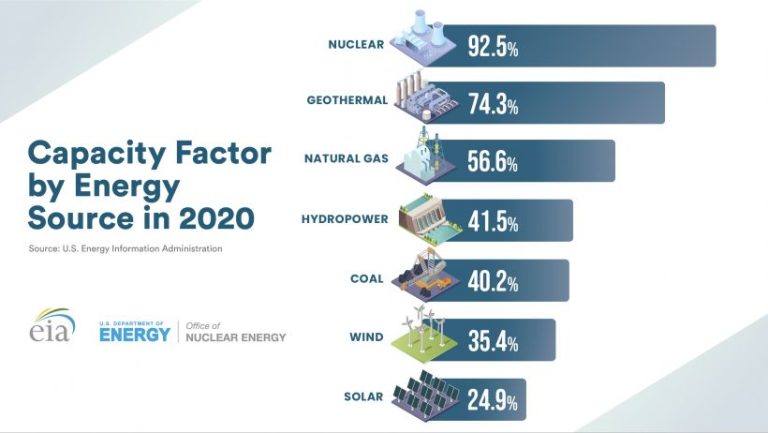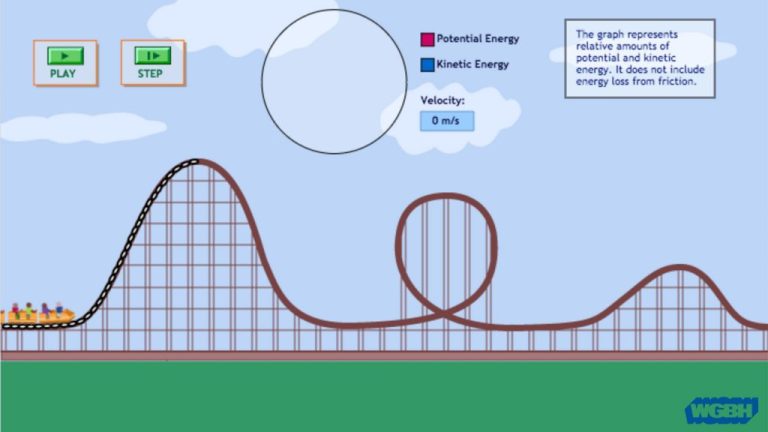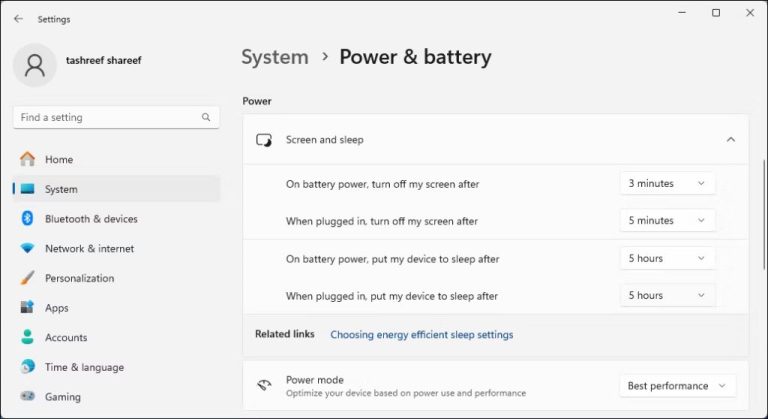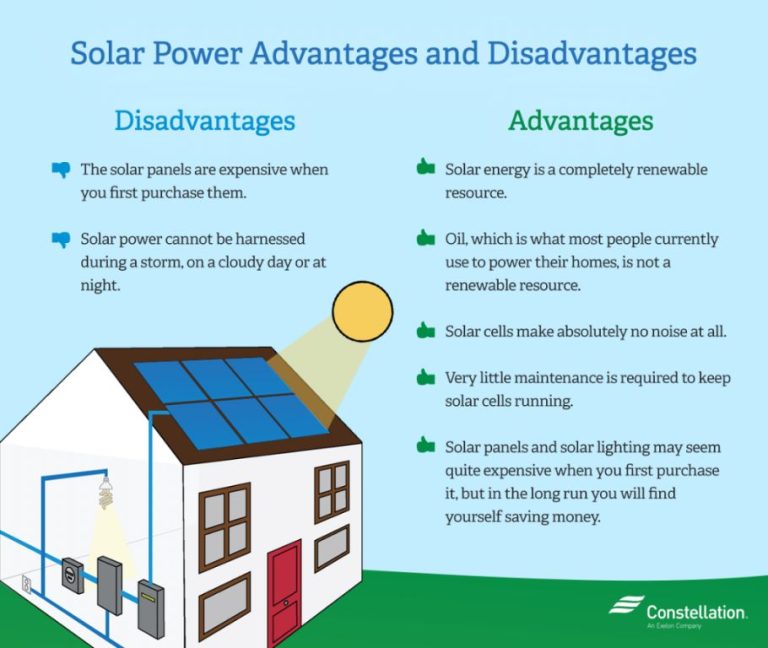What Are The Three Things An Energy Audit Will Tell You?
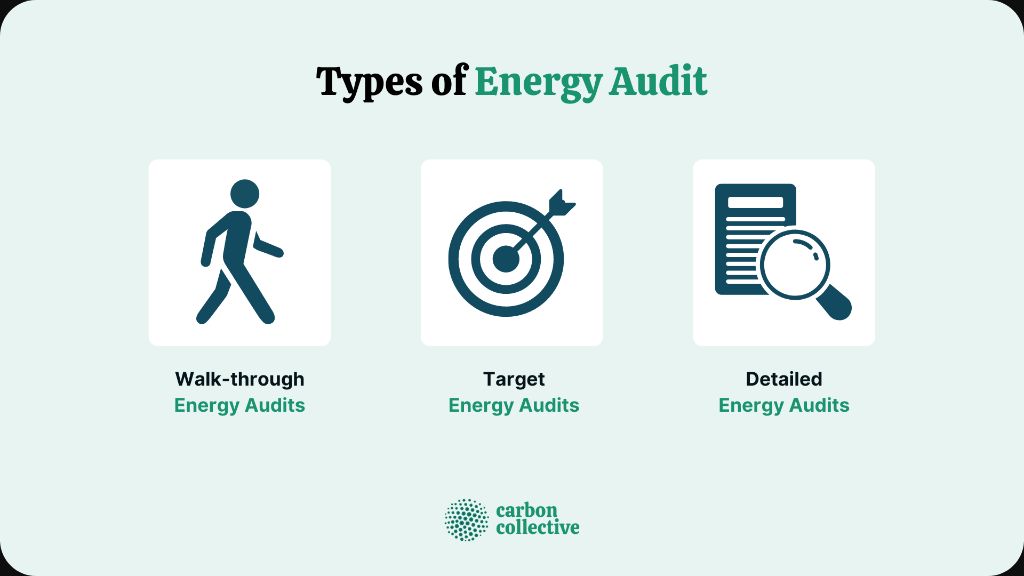
An energy audit is a survey conducted by a professional energy auditor to evaluate how much energy a home or building is using and to identify ways to improve energy efficiency (Energy Audit | Definition, Types, Benefits, Preparation, & Tips, n.d.). The audit provides a detailed analysis of a property’s energy consumption, including where and how energy is being used. By understanding energy usage patterns, problems with efficiency can be identified and addressed through recommendations provided in the audit report.
#1 – Where energy is being used
Homes consume energy for heating, cooling, lighting, appliances, electronic devices, and hot water. The largest energy uses in homes are space heating, water heating, and appliances and lighting (https://www.eia.gov/energyexplained/use-of-energy/homes.php). The average U.S. household spends a majority of electricity on air conditioning, appliances and electronics. Other major electricity uses are lighting, heating, cooling and refrigeration (https://www.eia.gov/energyexplained/use-of-energy/electricity-use-in-homes.php).
An energy audit will help identify where a home is losing energy and what systems or appliances are using the most energy. This allows homeowners to pinpoint problem areas and focus on the biggest energy drains first when making efficiency upgrades. Knowing energy use breakdowns helps prioritize cost-effective solutions.
Problems with Efficiency
A key benefit of an energy audit is identifying areas in your home that lack efficiency. The audit will pinpoint problems like air leaks, inadequate insulation, and old, inefficient appliances and equipment (GreenBuildingAdvisor.com, 2022).
During the audit, the technician will conduct a blower door test to locate air leaks. They’ll also thoroughly inspect areas like attics, basements, and crawl spaces to check insulation levels. In addition, heating, cooling, lighting, appliances, and other systems will be examined to determine their efficiency rating (Energy.gov, 2022).
Knowing exactly where your home is losing energy allows you to target improvements to the specific areas in most need. This helps maximize returns on investment from energy efficiency upgrades.
#3 – Ways to Improve Energy Efficiency
One of the most valuable outcomes of an energy audit is identifying ways to increase efficiency and reduce energy waste in your home. Based on their inspection and testing, auditors will provide a report outlining recommended upgrades and improvements to make your home more efficient.
Some common recommendations may include adding insulation in walls, floors or attics, sealing air leaks around windows and doors, upgrading to high-efficiency heating and cooling systems, installing programmable thermostats, replacing old appliances with ENERGY STAR models, switching to LED lighting, and more.
The report will outline the expected cost savings from making each upgrade, allowing you to prioritize the improvements that will have the biggest impact on efficiency. The auditor can also help you take advantage of rebates and incentives from local utilities or governments to help offset the upfront costs of upgrades.
Making the recommended energy-saving upgrades is one of the best ways to significantly reduce your home’s energy use, lower utility bills, increase comfort, and reduce your carbon footprint. The customized recommendations you receive through an energy audit will provide a roadmap to maximize your home’s efficiency.
Who performs audits?
Home energy audits are performed by trained professionals who have credentials in the home performance industry. A certified home energy auditor will conduct a comprehensive evaluation of your home’s energy efficiency. According to the U.S. Department of Energy, selecting a certified auditor ensures the homeowner receives an assessment based on building science principles that lead to quality information and recommendations.
Some examples of professionals who may conduct home energy audits include: building performance contractors, energy consultants, engineers, and insulation contractors. Many auditors have received training through accredited programs like the Building Performance Institute (BPI) or the Residential Energy Services Network (RESNET). Auditors certified by these organizations have demonstrated their competence in analyzing home energy use and making efficiency recommendations.
Different types of audits
There are two main types of energy audits: walkthrough audits and comprehensive audits. A walkthrough audit is less detailed than a comprehensive audit.
A walkthrough audit involves a quick evaluation of the home. The energy auditor will look at areas like insulation, heating and cooling equipment, lighting, appliances, and windows. They will identify areas for easy improvements and provide a list of recommendations. This type of audit usually takes 1-2 hours and costs a few hundred dollars.
A comprehensive or “investment-grade” audit is much more thorough. The auditor will conduct extensive tests and analysis on the home’s envelope and systems. This includes a blower door test to detect air leaks and an analysis of insulation levels. They will examine the home’s HVAC systems, water heating, appliances, lighting, and other energy uses. A comprehensive audit provides a detailed list of ways to improve efficiency and estimated costs and savings from upgrades. It can take 5-10 hours and costs $400-$1000 [1].
Homeowners who want a general overview can benefit from a walkthrough audit. Those planning major renovations or want detailed recommendations should get a comprehensive audit.
What’s checked during audit
During a home energy audit, the auditor will inspect various areas of the home to determine where it may be losing energy or using it inefficiently. Some of the key areas checked include:
Insulation – The auditor will check the insulation levels in the walls, attic, floors, basement, and crawlspaces. Insufficient insulation can lead to substantial heat loss in winter and heat gain in summer. The type, thickness, and installation quality of insulation is evaluated.
Air leaks – A blower door test is used to detect leaks in the building envelope where air may be escaping. The auditor will locate drafts around doors, windows, outlets, attic hatches, and other areas that need sealing.
Heating and cooling equipment – The furnace, heat pump, air conditioner, and ductwork are examined for proper sizing, efficiency, and distribution issues. Old, improperly sized, or faulty equipment can waste energy.
Appliances and lighting – The energy efficiency of appliances like refrigerators, dishwashers, and water heaters is assessed. Inefficient incandescent lighting may be recommended for replacement with LEDs.
Water conservation – Water flow from faucets and showers is measured. Leaks, inefficient showerheads and toilets that use excessive water are identified.
Building envelope – Thermal imaging scans help identify areas of air infiltration and missing insulation. Windows may be recommended for weatherstripping or replacement.
Sources:
https://www.nachi.org/sop-home-energy-inspection.htm
https://www.energy.gov/energysaver/professional-home-energy-assessments
Cost of an Audit
An energy audit typically costs between $100 and $1000 depending on the size and complexity of the home. According to Forbes, a level one energy audit usually costs $100-150. This is a basic inspection looking at only the most obvious energy issues. Level two energy audits are more thorough and average $300-600. These use equipment like blower doors to find leaks and inefficient insulation. For large or complex homes, an audit can cost over $1000 for the most detailed analysis.
Angi notes the average price range is $200-700 for a standard energy audit. Factors like location, house size, and what’s included affect the final cost. Overall the price reflects the depth of inspection and testing conducted during the audit.
Saving Money After an Audit
One of the biggest benefits of an energy audit is identifying ways to save money on utilities through energy efficiency upgrades. The audit will provide detailed recommendations along with projected savings so you can calculate the return on investment (ROI) for any upgrades or improvements.
Some common money-saving recommendations from audits include:
- Adding insulation in walls, attics, and basements
- Upgrading to ENERGY STAR certified heating and cooling equipment
- Replacing old appliances with newer, high-efficiency models
- Installing programmable thermostats
- Upgrading to double-paned windows
- Sealing air leaks around doors, windows, and attics
- Installing energy efficient lighting
The audit report will estimate first year savings from each upgrade. You can compare these savings to the upfront costs to calculate the payback period. Many upgrades pay for themselves within 2-5 years through energy savings. Then the upgrades continue providing savings for years to come.
In addition to direct energy bill reductions, some upgrades like insulation and air sealing also improve home comfort. And efficiency upgrades may increase the resale value of your home.
Overall, the audit gives you a detailed roadmap to get the best ROI through strategic upgrades. The initial audit cost is minor compared to the long-term savings potential.
Conclusion
In summary, an energy audit will provide you with invaluable insights into your home’s energy efficiency. By auditing where and how energy is used in your home, you can identify problems areas and opportunities for improvement.
The main benefits of an energy audit include understanding your energy usage breakdown, finding issues like air leaks or insulation gaps, and getting customized recommendations to start saving money. With an energy audit, you’ll have a professional assessment of your home’s performance and a roadmap for upgrades.
While audits require an upfront investment, the expense typically pays for itself in energy savings quite quickly. The audit will arm you with knowledge to make smart upgrades that improve comfort and reduce energy bills.

